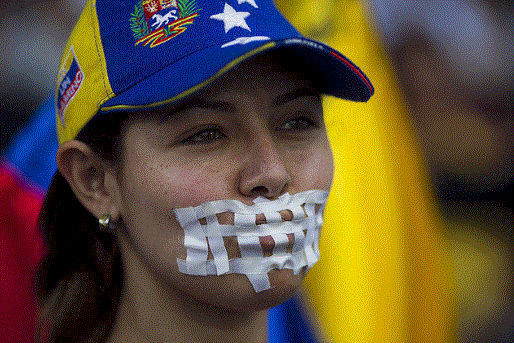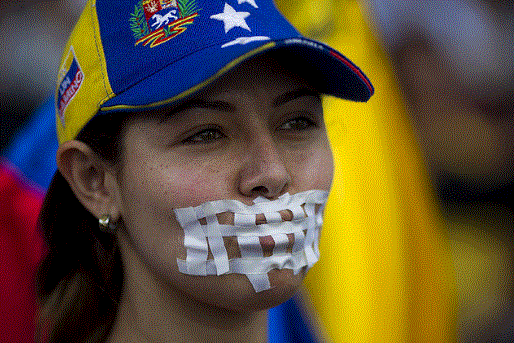
The Latinobarómetro study corresponding to 2021 maintains that, on average, almost half of Latin Americans (48%) “do not usually express their opinions on the country’s problems.” The table goes from Chile (19%), where there is less fear, to Nicaragua (67%), where fear is more widespread. This data, beyond the specificities of each one of the countries, and the statistical differences between one and the other, is revealing: it highlights the state of defenselessness in which a very large part of the population of the continent lives: they fear the excess of the powers, their reactions and possible reprisals. They impose, especially dictatorships and authoritarian regimes, with their tradition of excesses, forms of censorship and self-censorship.
Living in fear of expressing an opinion on the state of public affairs speaks of the links between citizens and institutions. And the conclusion that emerges from this symptom and others – which I will comment on below – is that we are going through a period in which trust in institutions has been weakened or broken.
Between people’s expectations and the real capacities of institutions there are fundamental aspects that do not fit, that do not find an adequate way of coexisting. On the one hand, in the citizens there are present, underlying or manifest, desires that go beyond the disposition and design of State organizations. There is a sustained and growing demand for access to the goods of society. On the part of the institutions, it is increasingly evident that they spend too much focused on themselves ―on their own functionality and survival efforts―, which turns their backs on the immediate demands of society.
The statute of fracture or breaking of citizen trust towards the entities that make up the democratic model has an even more worrying flank: rejection, disqualification, prejudice, constant crushing and even false accusations with which a very large part of the society, often the majority, punishes its leaders, not only the politicians, but also the authorities (even those that the same majority has voted for by popular election), those who hold public office and, in general, any director of the company who has responsibilities of a public nature. Throughout Latin America, this reality, which is political, social and communicational, is becoming more and more widespread: that the common citizen observes his leaders under the prism of suspicion, with criteria of recurrent negativity.
This gap between society and leadership, between majority and minority, carries a danger that is not always visible at first sight: it takes the form of polarization. It is no longer just about the binary confrontation between left and right, of party A against party B, or of liberal policies in dispute with conservative policies. It is a kind of war between the different sectors of society against their elites. What is happening is that the elites, despite the merits that some of them may have, or their possible good intentions, and even their reasoned and well-executed actions, no longer enjoy the favor, the respect of public opinion. public. There is a dissatisfaction installed in society that does not seem to be easily satiated.
Throughout the last decades, with particular intensity starting in the 1990s, the expansion and impunity with which corruption has been practiced; open and recurring nepotism; the infighting in political parties, brazenly displayed in the public arena; the erosive action of anti-politics, in general, with results similar to those of a scorched earth; the unscrupulous interference of the entertainment industry in the privacy of people from all walks of life; the tendency of political parties and institutions to get involved in their own affairs and put the demands of society in the background, these and many other variables have contributed to repositioning two figures, the politician and the official, as almost undesirable subjects or clearly undesirable for broad layers of the population.
When an environment is established that discredits leadership and democratic institutions (and this also includes dialogue, respect for dissidence, the search for consensus, unrestricted adherence to legality, the clear separation of public powers, and others), the risk of populism and authoritarian solutions, of whatever sign, becomes imminent. Recent examples abound, from Mexico to Argentina, from El Salvador to Peru. The gap, which is widening every day, between people and institutions, between communities and powers, between citizens and the political class, distanced by mistrust and misunderstanding, is emptying some public spaces ―emptying them of democratic sense―, which the opportunist sense of populism does not waste. If mistrust, the force that governs the disconnection between people and democracy, continues to advance, populism will continue to grow on our continent.

















